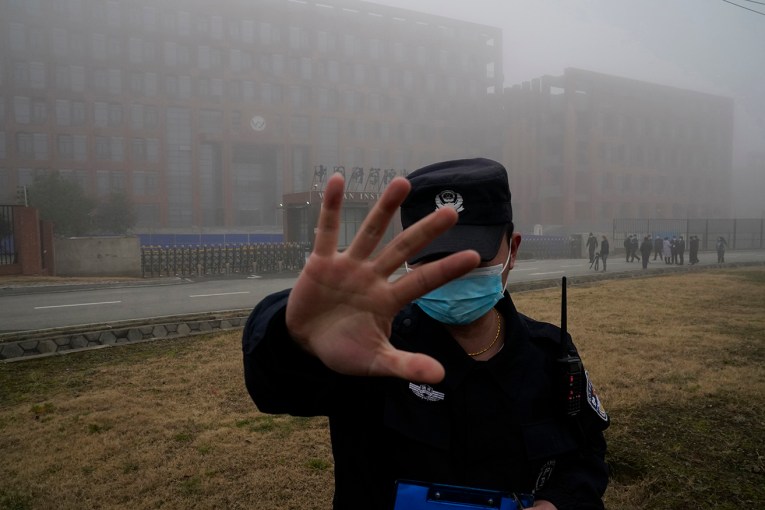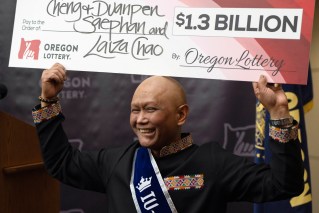Charlie Hebdo: a history of controversy

Getty
In the face of half a century of controversy, French satirical newspaper Charlie Hebdo has been uncompromising in its parody, never apologising for offending several religious groups, particularly Muslims.
The newspaper was established as a weekly offshoot of monthly Hara-Kiri magazine in 1969 under the name Hara-Kiri Hebdo, by founders Georges Bernier and Francois Cavanna.
The original publication ended its run in 1981, but was revived in its current form in 1992.
• Deadly terrorist attack in Paris
• Paris gunmen identified, chilling video emerges
It has since faced many controversies relating to its depictions of Islam and Islamist fundamentalists.
In 2006, the magazine reprinted 12 cartoons from Danish newspaper Jyllands-Posten depicting the Prophet Mohammed, an act that was deemed highly blasphemous and sparked angry protests from Muslims worldwide.
The Paris Grand Mosque and the Union of Islamic Organisations of France took then editor Philippe Val to court for reprinting the cartoons, after thousands of Muslims rallied against the magazine across France.
In 2007, a Paris court acquitted Mr Val, ruling that the cartoons were not an attack on Islam but Islamist terrorists.
In November 2011, Charlie Hebdo published a special Arab Spring edition renamed ‘Charia (Sharia) Hebdo’, with the Prophet Mohammed as guest editor, showing a cartoon of the prophet stating: “One hundred lashes if you don’t die of laughter!”.
The day before the issue was to be released, the newspaper’s office was fire-bombed, and its website was hacked.
Editor Stephane Charbonnier told the BBC the magazine would remain defiant in the face of the attack and defend the right to free speech.
“We’re right to publish the magazine and we’re right to continue defying Islamists and make their lives difficult as much as they do ours,” he said.
“This is an attack against freedom itself. We can poke fun at anything in France, we can talk about anything in France apart from Islam or the consequences of Islamism. That is annoying.
“We’re ready to face justice when we go too far, which we actually do quite often, and we’re exonerated quite regularly. I wouldn’t have minded going to trial against angry Islamists about what we’ve written in the magazine, but if you read the magazine you’ll see there’s no reason to sue Charlie Hebdo, and we won’t be sued.”
He maintained that the magazine ridiculed extremists, and did not hold anti-Islamic sentiment to the majority of Muslims.
“This is the act of idiot extremists and certainly not of all Muslims who live in France. It’s a minority which is absolutely not representative that went and carried out this act of violence,” he said.
On January 7, shortly before the shooting that killed 12 people, Charlie Hebdo posted a tweet mocking Islamic State leader Abu Bakr al-Baghdadi.








